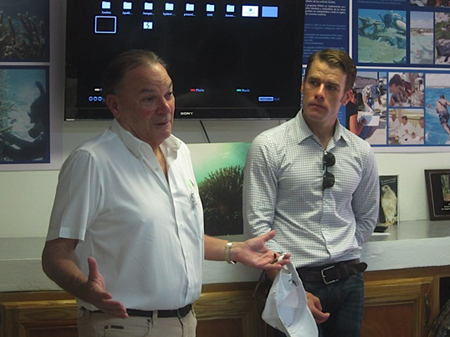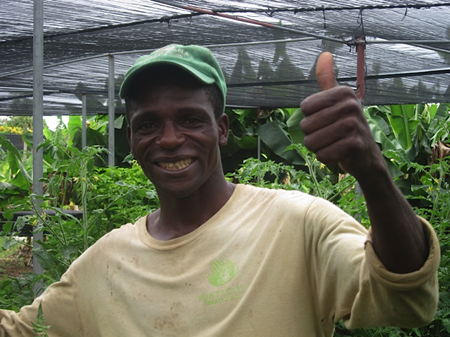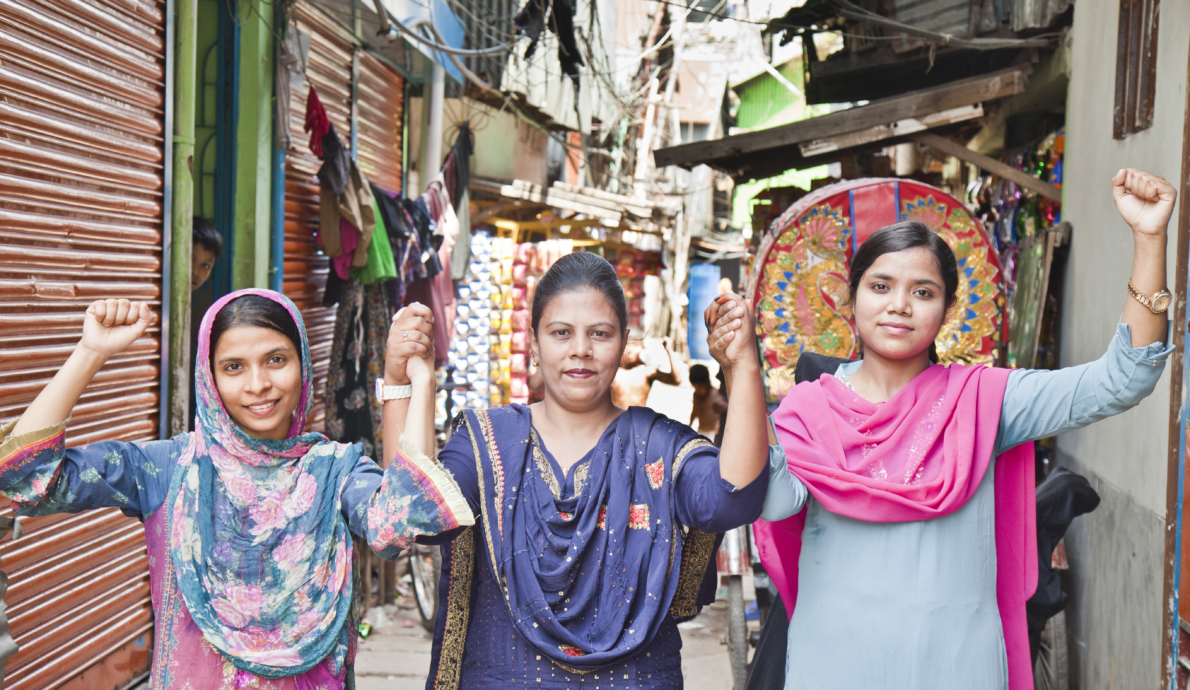By Jennifer Jones, Vice President of Strategic Communications
What do Frank Rainieri, Rita Sellares, Carla Meyrink, Jake Kheel, Denny Taylor and Counterpart International have in common?
A will to experiment. To jump in, not “just try”. All of them jumped in with passion and persistence to build a better future.
I had the honor of meeting Frank, Rita, Carla, Jake and Denny on a recent trip to the Dominican Republic. All of these visionaries understand that nothing of any lasting impact gets accomplished without the help of partners. Counterpart serves as the “glue” between all of these partners in an effort to increase the country’s climate resiliency – the DR is among the top 10 countries impacted by climate change. The coral reefs and mangroves that serve as natural buffers protecting the country from rising sea levels and more powerful storms are at grave risk from climate change and the very industry that supports the country – tourism.
That’s why Counterpart International started working with local partners in the Dominican Republic more than 10 years ago to protect coastal resources and promote sustainable tourism. The program has now expanded to include a focus on climate resiliency and youth education.
Dr. Denny Taylor, a professor at Hiram College and co-director of the Igniting Streams of Learning program, set the stage for DR teachers from Saint George’s School, Carol Morgan, St. Michael’s School, New Horizons, ABC School, Colegio Dominico Americano and Babeque Secundaria to learn a new approach to teaching about coastal climate resilience, marine biology and conservation. The teachers admitted that many in the DR don’t “see the danger, even though it’s very close,” and they need to help “expose people to reality”. There was a common theme that “we have to figure this out together,” and the overall sense at the close of the two-day workshop was a “passion for action”.
This passion was evident during a visit to the Community of Learning School, another school interested in the climate resiliency education program. The director, Carla Meyrink, opened the school 17 years ago with eight students. “I wanted more options for my own children and so I just started this school,” said Carla. The school now enrolls more than 400 students. Dennis, a teacher, appreciated the project-learning approach of Igniting Streams of Learning, which is also the school’s philosophy. “We have to bring education outside of the classroom. If students learn about science outside, they will do more science,” said Dennis. Carla shared a story of 2nd graders picketing a sand dude site targeted to be destroyed. “The project was stopped, and they think they did it, which is ok with us.”
We also traveled to the town of Bayahibe, where we met Rita Sellares, executive director of Fundemar. Rita shared with us the challenges of working to protect five areas deemed “marine sanctuaries,” with no government management or enforcement and inundated with 3,000 tourists a day! Fortunately, Rita engages the community, partners and volunteers in protecting coral reefs. “When you don’t have money, you have to improvise,” she noted.

Frank Rainieri and Jake Kheel of the Punta Cana Ecological Foundation.
The following day, we traveled to the Punta Cana Ecological Foundation, a long-time partner of Counterpart. We met Frank Rainieri, who along with Theodore Kheel, had a vision 45 years ago for this eastern area of the Dominican Republic. Frank told us that, “Sometimes, you have to be the first to jump in,” and that’s certainly what he’s done, time and time again.
The story of Punta Cana, told in the engaging book Grupo Punta Cana: An Unusual Partnership in Sustainable Tourism, a Natural Way of Doing Business gives a clear sense of what it takes to build a better world: “Rainieri and Kheel were taking extraordinary risks. Perhaps there were risks the two men weren’t even aware of.”
Jake Kheel, the grand-nephew of Theodore Kheel, heads up the Ecological Foundation and told us they are “always experimenting to solve an environmental problem.” They started the earliest, and now the largest, recycling facility in the country. They now have moved to “worm-composting 2.0” to provide organic soil for golf courses on the island to reduce harmful run-off. The organic vegetable gardens are huge. Their 50 beehives now number 500 and produce 2,000 gallons of honey a year. They are helping to restore the endangered Ridgway Hawk, which number only 300 in the world (and we saw seven). They work with local fishermen and lead the way with other resorts in ensuring that the community is taken care of. The philosophy held by Frank Rainieri and Theodore Kheel, still resonates in Punta Cana – “it’s about giving dignity to people in a way that all of us can benefit.”

A resident and Punta Cana organic gardener. There is zero unemployment in Punta Cana.
Each and every one of our partners continue to “just jump in” to build a better world. It was a true privilege to be in their presence.




